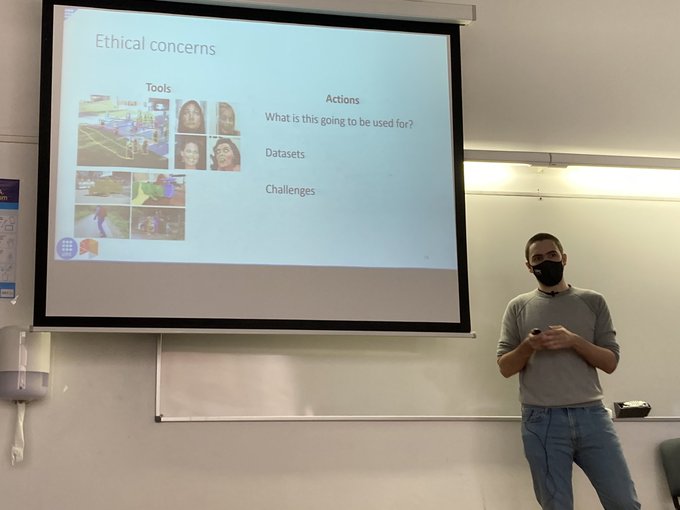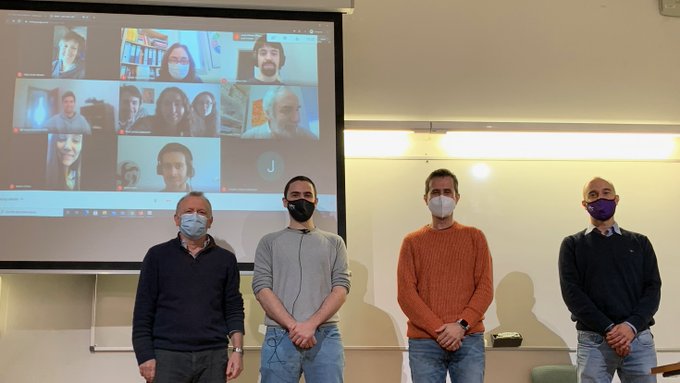Abstract
Since less than a decade ago, deep learning techniques started to dominate many different fields, revolutionizing the possibilities of artificial intelligence. Seeing their potential, industrial sectors started to invest in applying such technologies as key components of the company strategy. This thesis has been developed in an industrial context, in AutomaticTV. The main focus along this period has been the transfer of knowledge and know-how between academia and industry, development of tools to exploit this knowledge, the exploration of new techniques for future challenges, and, from an academic research perspective, contributions to the multiple object tracking problem.
The first part of the thesis is devoted to the introduction of deep learning technologies to AutomaticTV, a company dedicated to automatic sports analysis and broadcasting, and the development of tools and tasks that surround the application.
The second part of this thesis introduces the contributions to the multiple object tracking challenge. We present TrajE, a trajectory estimator based on mixture density networks and beam search, used to boost the performance of existing multiple object trackers, and introduce an occlusion reconstruction step using the estimated trajectory information. By adding TrajE to an existing multiple object tracker, we boost its performance by 6.3, 1.8 points in MOTA and IDF1 scores respectively, becoming the new state of the art in the MOTChallenge dataset.
- Evaluation committee: Prof. Luis Salgado (UPM), Prof. Philippe Salembier (UPC), and Dr. Felipe Calderero (Glovo).
- Tweets: [Xavi 1] [Xavi 2] [Andreu]
- Media: "Una producción dependiendo de las necesidades del usuario". Tecnonews (2020).



